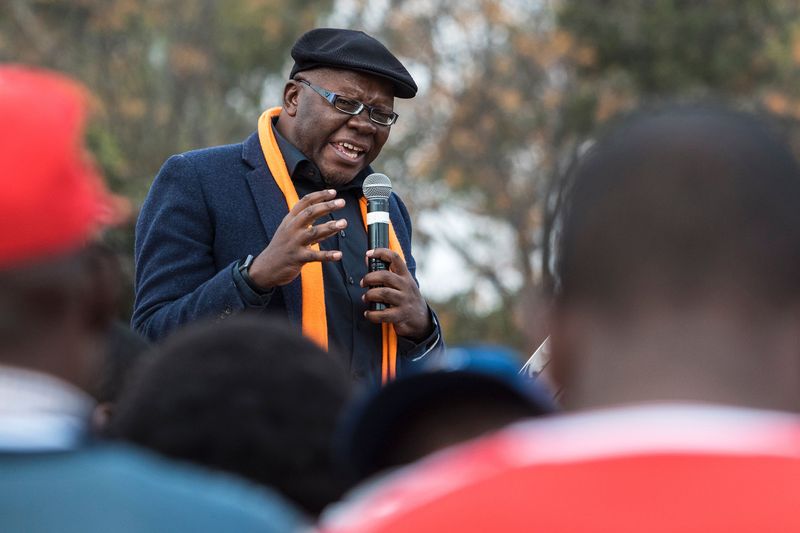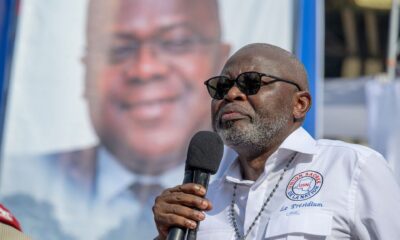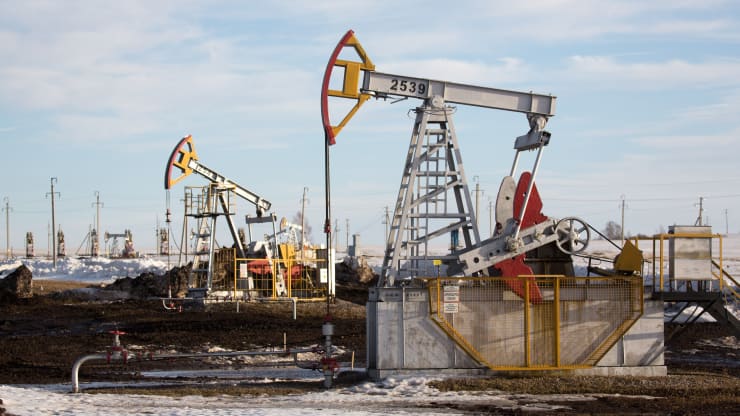Markets
Zimbabwe Ex-Finance Boss Sees Potential $100 Billion Economy

Crude Oil
NNPCL CEO Optimistic as Nigeria’s Oil Production Edges Closer to 1.7mbpd
Commodities
Nigeria to Achieve Fuel Independence Next Month, Says Dangote Refinery
Crude Oil
Oil Prices Surge Amidst Political Turmoil: Brent Tops $84
-

 Naira4 weeks ago
Naira4 weeks agoDollar to Naira Black Market Today, April 24th, 2024
-

 Naira4 weeks ago
Naira4 weeks agoDollar to Naira Black Market Today, April 22nd, 2024
-

 Travel4 weeks ago
Travel4 weeks agoSaudi Arabia Breaks 70-Year Alcohol Ban, Opening Shop for Diplomats
-

 Jobs4 weeks ago
Jobs4 weeks agoJob Cuts Hit Tesla: More Than 6,000 Positions Axed Across Texas and California
-

 Naira3 weeks ago
Naira3 weeks agoDollar to Naira Black Market Today, April 30th, 2024
-

 Naira4 weeks ago
Naira4 weeks agoDollar to Naira Black Market Today, April 25th, 2024
-

 Investment4 weeks ago
Investment4 weeks agoMinister Accuses Past NCDMB Leadership of Squandering $500m on Unproductive Projects
-

 Travel4 weeks ago
Travel4 weeks agoDelta Air Lines Flight Diverts to Togo After Passenger Dies Midair




























